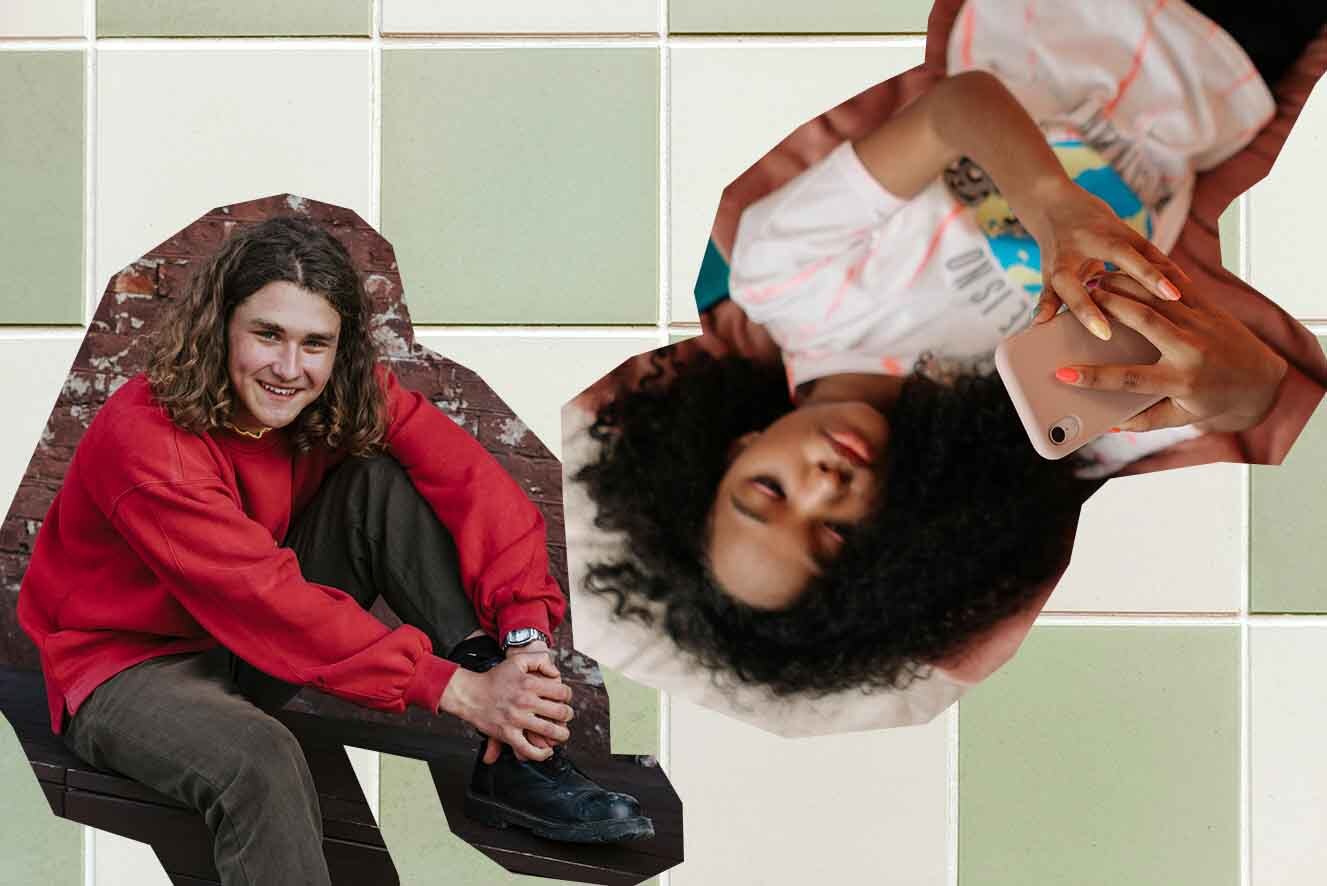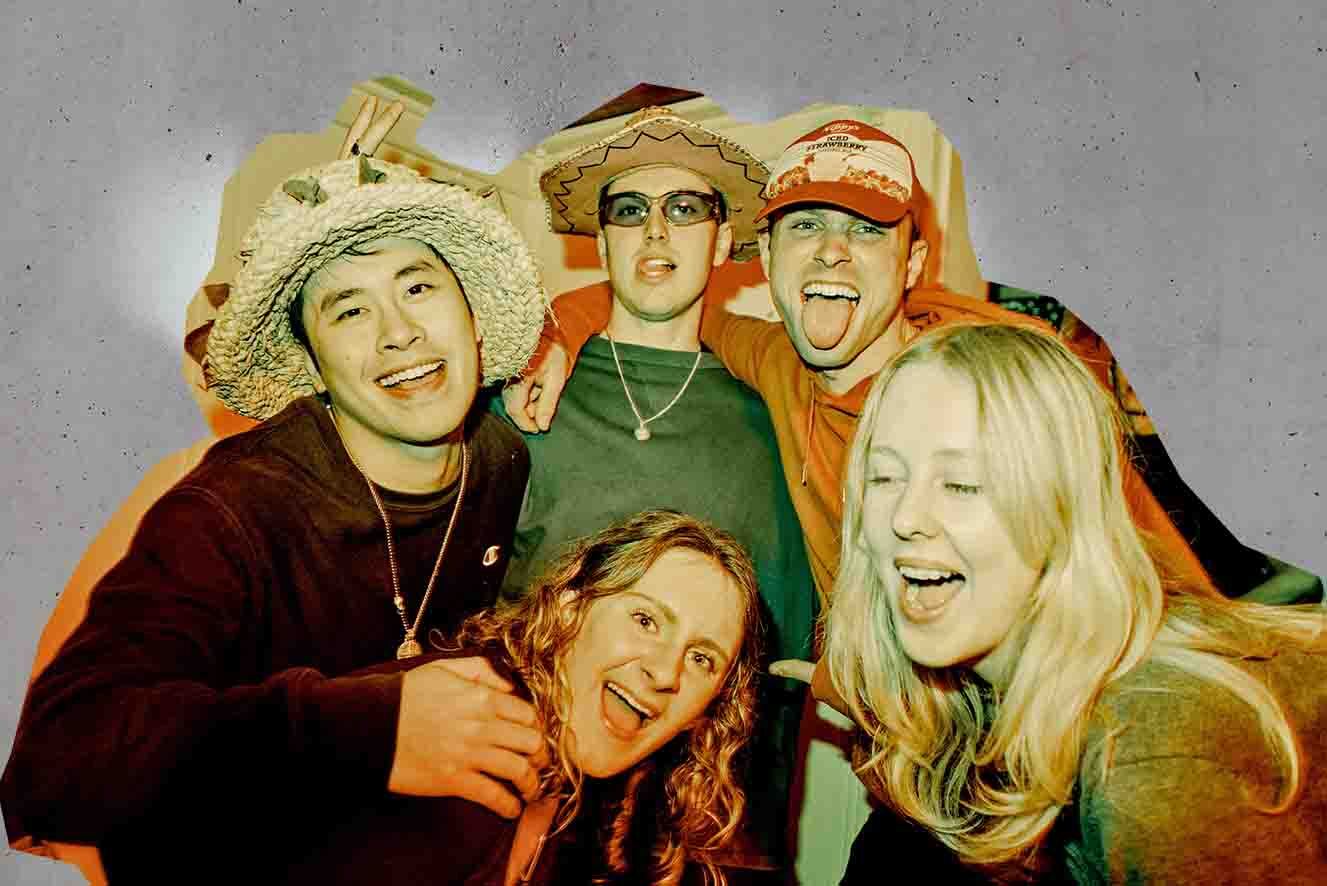There are plenty of ways to cross the line. And if you think, or know, you have, it's time to make amends.
Controlling someone’s behaviour, insulting or degrading them, harassing or scaring them, intimidating or pressuring them, threatening or hurting them – all behaviours that definitely cross the line.
If you’re not sure how serious your actions were, talk to 1800RESPECT.
They’re an advice service that’s free from most phones and completely confidential.
They’ll advise you on whether you should sit down with the other person and talk it through, or seek legal advice.
But assuming your actions have crossed the line without being illegal, let’s look at the best next steps.
First thing, it’s great that you’re able to recognise your actions are not acceptable, and it takes insight to figure that out.
It then takes bravery to admit it to yourself and others.
A crucial part of admitting what you’ve done is apologising, which can be a difficult thing to do, partly because it’s sometimes hard to know how to apologise.
To make it a little easier, here’s a step-by-step guide to apologising properly.
1. Identify
Begin by describing, to the person you’re apologising to, the action that crossed the line and when it occurred so there’s no confusion about what exactly you’re apologising for.
2. Acknowledge
Make it clear that you know what you did was wrong.
It’s worth explaining the reasons why what you did was wrong, to show that you understand what you’ve done.
Then it’s important to talk about what you could have done differently, so it’s super obvious you’ve put a lot of thought into it.
3. Change
Communicate that you’re going to change your behaviour so you don’t cross the line again.
This is a commitment you need to make to yourself, and to the person who you’ve hurt.
4. Say Sorry
Actually say "sorry". Tell them you regret causing them hurt/distress.
5. Patience
Sometimes when you apologise, everything will be forgiven in the moment, and you can go back to living your life.
But it doesn’t always go down that way.
Sometimes, depending on how you’ve crossed the line, you need to give the person you’ve hurt time and space to process things and figure out how they want to move forward.
This isn’t something you can rush, so make sure you practice patience.
Now remember, just because you’ve apologised, doesn’t mean it never happened.
Apologising doesn’t mean you have to be forgiven or that your apology has to be accepted.
Whatever you did or said may stay with someone for a long time, or forever.
Saying sorry won’t always make everything better, but it’s a damn good start.
And even if you feel you may have hurt someone, but aren’t sure, apologising can be the best starting strategy.





